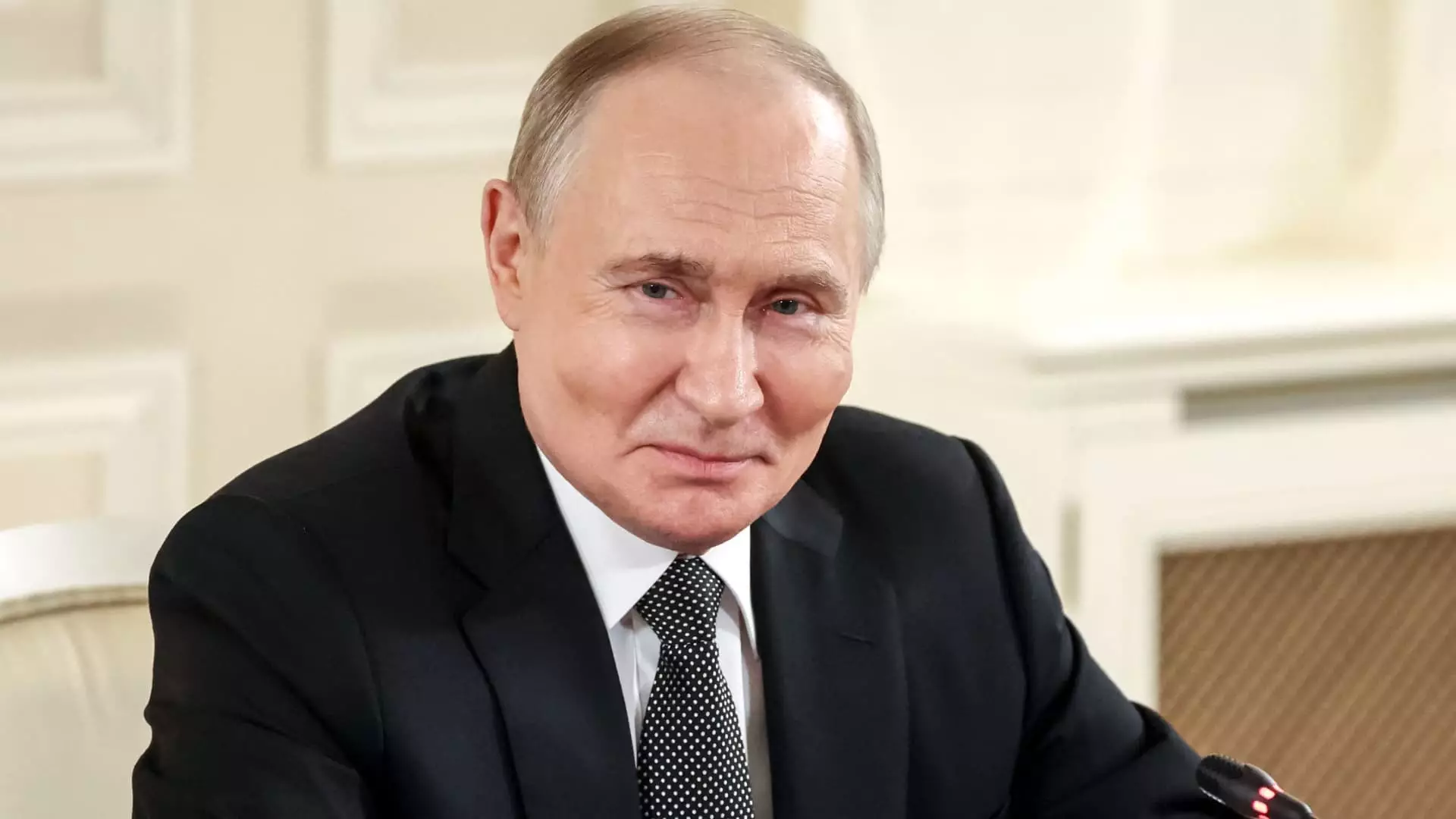The recent comments from former President Donald Trump serve as a provocative reminder of the fragile and often hypocritical stance the United States adopts regarding international conflicts. While Trump openly criticizes Vladimir Putin for the ongoing devastation in Ukraine, his narrative exposes deeper contradictions about American foreign policy and its proclaimed commitment to peace and democracy. His words, laced with frustration and sarcasm, reveal a skepticism of diplomatic efficacy and question the moral high ground often claimed by Western powers.
Critically, Trump’s acknowledgment of Putin’s brutality—highlighting the staggering toll of thousands of deaths each week—without offering concrete solutions underscores a stark reality: U.S. rhetoric often falls short in translating into meaningful action. Instead, it reveals a pattern of superficial engagement, where statements serve more to appease domestic audiences than to resolve complex geopolitical crises. Trump’s pointed remark about being “not happy” with Putin is less about genuine concern and more about exposing the transactional nature of international relations, where leadership often toggles between confrontation and complacency.
The Pitfalls of Political Hypocrisy and Blame-Shifting
Trump’s critique of his predecessors, Biden and Obama, underscores the recurring tendency among politicians to deflect blame when international crises emerge. By suggesting that their policies provoked Putin’s aggression, Trump effectively sidesteps accountability, positioning himself as a critic of the establishment rather than an agent of change. This blameshift not only simplifies intricacies in geopolitics but also muddles the moral clarity needed to address conflicts. It illustrates a dangerous trend: that leadership, in this context, becomes a game of political pawn play rather than a genuine effort to foster peace.
Furthermore, Trump’s recent insights about the U.S. weapons shipments to Ukraine hint at institutional disarray. His question about who ordered the pause not only reveals a lack of transparency but also a deeper apathy within parts of the American political system regarding the war’s trajectory. This internal chaos hampers the U.S.’s ability to be a consistent and responsible actor on the world stage—a deeply troubling development for those of us advocating for a balanced, center-left approach to foreign policy.
The False Promise of Diplomacy and the Power of Real Engagement
It is evident that Trump’s skepticism of the current diplomatic process reflects a broader truth: western governments frequently engage in transactional diplomacy that focuses more on image than genuine conflict resolution. His phone call with Putin, which he described as disappointing, epitomizes the disconnect between diplomatic effort and tangible progress. When leaders dismiss talks as ineffective, they undermine the very tools meant for de-escalation, further fueling the cycle of mistrust and violence.
Perhaps most compelling is Trump’s assertion that Putin’s veiled friendliness masks a lack of real intent to cease fire—a critical insight that questions the sincerity of diplomatic overtures from Russia. It underscores the necessity for a more pragmatic, human-centered approach that prioritizes diplomacy over spectacle. If the United States truly seeks peace, it must notably shift away from empty rhetoric and embrace a balanced strategy rooted in transparency, multilateral cooperation, and genuine engagement with all parties involved.
In essence, Trump’s candid remarks serve as a stark reminder that leadership should not be measured by bravado or blame-shifting but by the ability to confront uncomfortable truths and to act with integrity. The Ukraine conflict exposes the limitations of a politics driven by opportunism and headlines, pushing us to reconsider what responsible stewardship truly entails on the global stage.

